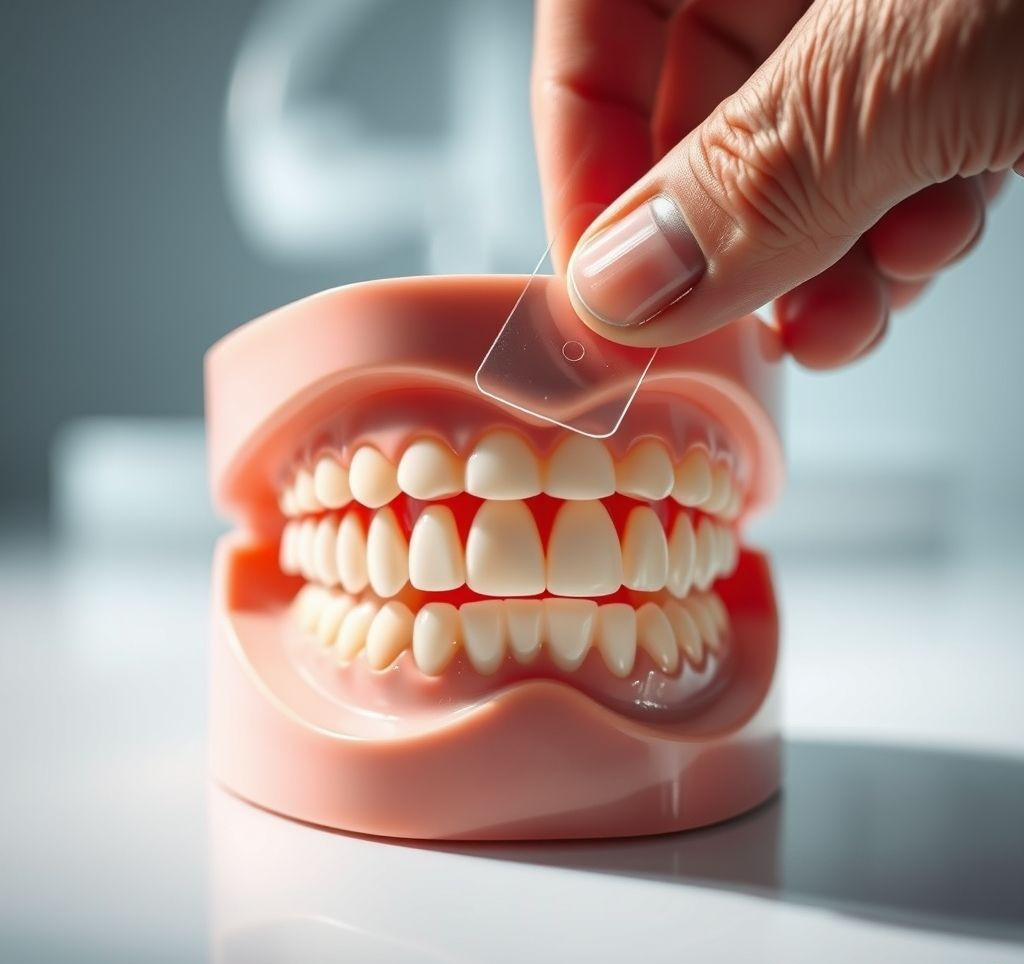The No Carb Diet (Zero Carb): A Complete Guide for Beginners
Embarking on a new dietary approach can be exciting, and the no carb diet is no exception. Whether you’re curious about its potential benefits or simply seeking a fresh way to nourish your body, understanding the fundamentals is key. This guide is designed to equip you with the knowledge you need to make an informed decision about incorporating a no carb lifestyle, also sometimes referred to as a zero carb diet, into your life.
Why Exploring a No Carb Diet is Crucial
The potential advantages of a no carb diet often attract individuals seeking specific health outcomes. Here’s why it’s a concept worth exploring:
- Potential Weight Management: By restricting carbohydrates, your body may shift to burning fat for energy, potentially aiding in weight loss.
- Blood Sugar Control: For some, a no carb approach can help stabilize blood sugar levels. Always consult with a healthcare professional before making drastic dietary changes, especially if you have diabetes or other underlying health conditions.
- Simplified Meal Planning: Focusing on a limited range of foods can streamline meal preparation and reduce decision fatigue.
- Exploration of Food Sensitivities: Eliminating carbohydrate-rich foods can help identify potential sensitivities to certain food groups.
Core Principles of a No Carb Diet
A no carb diet, at its core, involves drastically reducing or eliminating carbohydrates from your daily intake. This means primarily focusing on protein and fat sources. Here are the foundational elements:
- Prioritize Animal Products: Meat (beef, poultry, pork, lamb), fish, eggs, and certain dairy products (cheese, butter) form the backbone of the zero carb diet.
- Understand Hidden Carbs: Be aware of trace amounts of carbohydrates in seemingly “carb-free” foods like processed meats or certain cheeses. Read labels carefully.
- Hydration is Key: Water is essential, especially during the initial stages of a no carb diet.
- Electrolyte Balance: As you reduce carbohydrates, your body may excrete more electrolytes. Consider supplementing with sodium, potassium, and magnesium if necessary, but always consult with a doctor first..
- Listen to Your Body: Pay attention to how you feel and adjust your intake accordingly. Every individual responds differently to dietary changes.
A Step-by-Step Guide to Starting a No Carb Diet
Tr
ansitioning to a no carb diet requires careful planning and execution. Here’s a structured approach:- Consult Your Doctor: Before making any significant dietary changes, especially if you have pre-existing health conditions, speak with your healthcare provider.
- Plan Your Meals: Create a detailed meal plan for the first week, focusing on protein and fat sources like steak, chicken thighs, salmon, and eggs. A carnivore diet food list will be almost identical to a good no carb diet food list.
- Stock Up on Supplies: Ensure you have a sufficient supply of compliant foods.
- Monitor Your Progress: Track your energy levels, mood, and any physical changes you experience.
- Adjust as Needed: Be prepared to fine-tune your diet based on your individual needs and responses.
- Consider a Gradual Reduction: Some individuals find it easier to transition by gradually reducing carbohydrate intake rather than abruptly eliminating them.
Expert Tips & Best Practices for a Zero Carb Lifestyle
Navigating a zero carb diet effectively requires advanced knowledge and a proactive approach:
- Focus on Quality: Opt for high-quality, grass-fed meats and pastured eggs for optimal nutrition.
- Manage Cravings: Cravings for carbohydrates are common in the initial stages. Stay hydrated and find healthy distractions.
- Variety is Important: While the diet is restrictive, aim for variety within the allowed food groups to ensure a broad range of nutrients.
- The Importance of Fat: Do not fear healthy fats. Fat is an important component of a no carb diet and helps you feel full and satisfied.
“The carnivore diet is essentially an elimination diet taken to the extreme.” – Dr. Shawn Baker, Orthopedic Surgeon and Carnivore Diet Advocate.
According to a study published in the American Journal of Clinical Nutrition, reducing carbohydrate intake can lead to improvements in certain metabolic markers. However, long-term effects require further research.
By adhering to these guidelines and staying informed, you can confidently explore whether the zero carb diet is the right choice for your individual health goals. Remember to always prioritize your well-being and seek professional guidance when needed. Understanding what can you eat on a no carb diet is crucial, and by choosing high-quality options and listening to your body, you can embark on this journey with confidence.



















